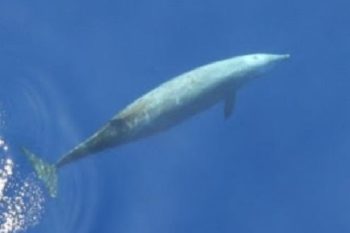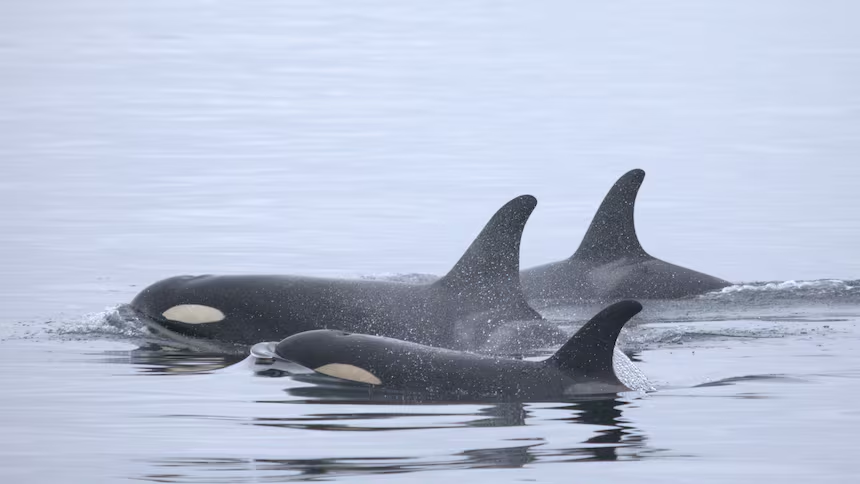
Just as a report is due to be published regarding a mass stranding of beaked whales (mainly Cuvier’s and northern bottlenose whales) in 2018 on the west coast of Scotland, Ireland, Iceland and the Faroe Islands, and potential links between the strandings and the UK Navy operations, the US Navy is going ahead with seven more years of testing sonar and explosives in waters off the Northwest coast, despite the fact these activities could injure or kill eight species of whales listed under the Endangered Species Act, including the already vulnerable southern resident orcas whose numbers currently stand at only 73.
The incredibly noisy naval exercises will put this population at even greater risk of serious, needless harm yet the National Marine Fisheries Service says the occasional, temporary disturbances won’t threaten their survival. At the time of the beaked whale strandings, the UK Ministry of Defence denied that the deaths could be blamed on any Royal Navy operations, they have now, however, admitted for the first time that they were operating in an area where the whales were situated.
Unfortunately for many whales, dolphins, and other marine life, the use of underwater sonar or explosives can, and has, lead to injury and many cetacean deaths. One example being that in January 2005, 34 whales of three different species became stranded and died along North Carolina’s Outer Banks during nearby offshore Navy sonar training, and another being that three, 1,000lb bombs detonated underwater by the Royal Navy were to blame for a mass stranding and deaths of a pod of pilot whales on the north coast of Scotland in 2011.



